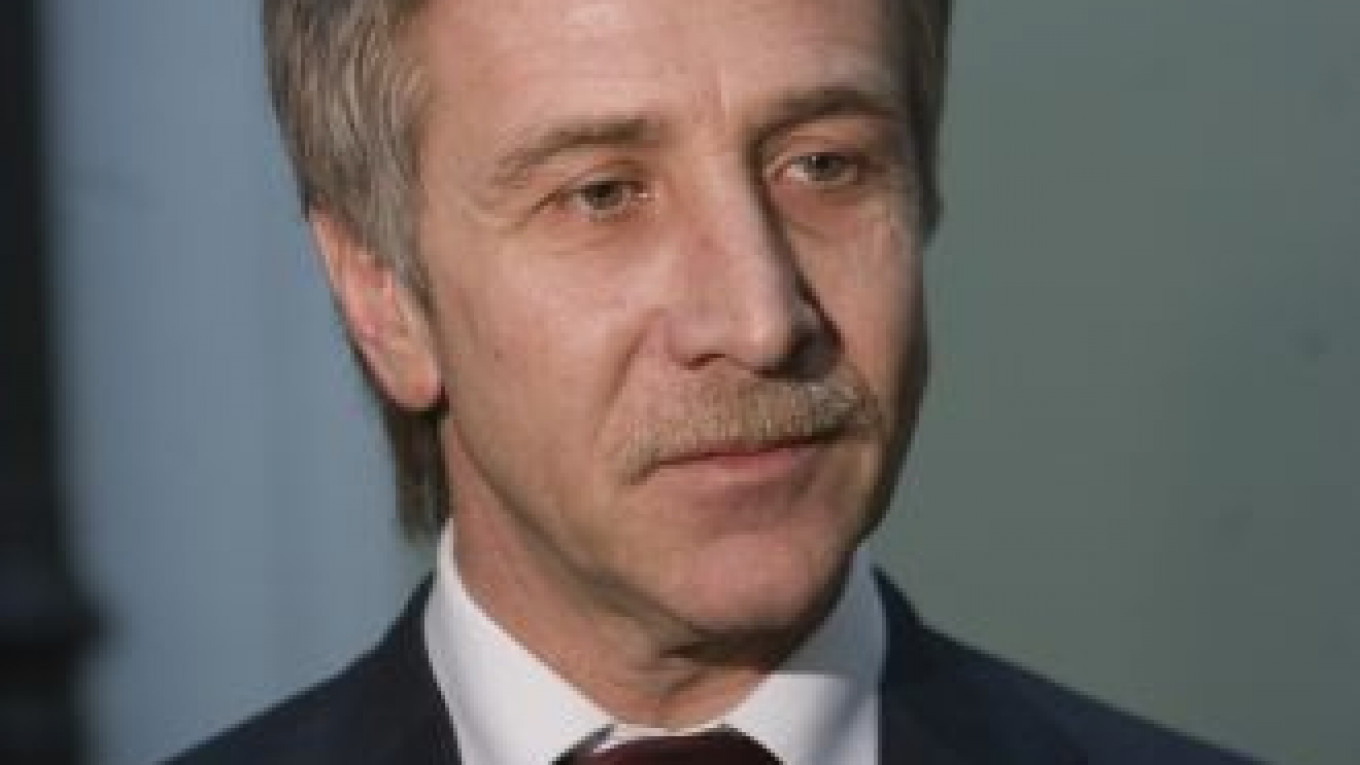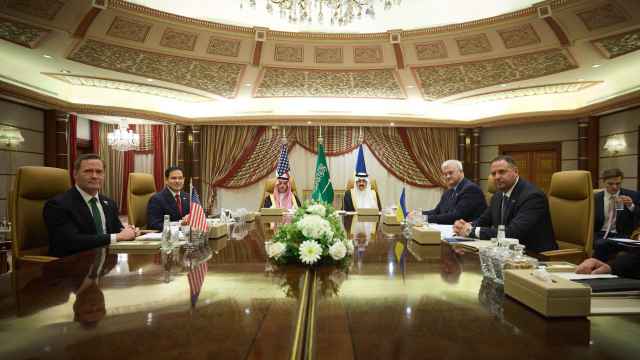Billionaire Leonid Mikhelson, the main owner of Novatek, sold his Zhiguli car in 1991 to take part in the first round of privatizations. He told Vedomosti that only 40 percent of a businessperson's success is "labor, intellect and goal-orientedness, whereas 60 percent is luck and the ability to take advantage of it."
Q: Have you been lucky often in your life?
A: More than anything, I was lucky to have had my parents. My mom and dad both gave me a lot as a person; my dad also helped me professionally.
Q: Your father was also well known in your sector — he built pipelines?
A: He was well known in the Soviet Oil and Gas Industry Ministry. From childhood he took me to construction sites, but I didn't want to become a builder. I dreamed of becoming a pilot, but I wasn't accepted poor eyesight. Then I wanted to become a professional athlete. I got into volleyball and almost left for Tashkent to play. But my parents asked that I first get an education, and I was accepted at a construction institute. I suffered a severe injury to my shoulder and had to forget about a sports career. I worried then, but now I understand that it happened for the better.
Q: Where did you start your career?
A: I had to go to Kharkiv on assignment, but I wanted to go up north. So I asked my dad for help and ended up working in Chelyabinsk as a foreman on the construction of the Urengoi pipeline. There I realized that building was my thing, and the north really captivated me. Everything there was done to the limit of possibility.
Q: What else did the north give you?
A: Huge experience and the ability to find a common language and work with any crew. People there were really varied; management often sent me ex-cons.
Q: How were you able to succeed your father as director of the Kuibyshev pipemaking trust?
A: In 1987 my dad fell severely ill. I quit [my job] and for several months was unemployed, helping my dad as best I could. At the same time, I attempted to enter the Kuibyshev pipemaking trust. But party officials dragged out the decision. In the end, though, they called me into the regional committee and approved my request.
Q: Then you converted the Kuibyshev pipemaking trust into a joint stock company?
A: I was a man of the Soviet system. I respected it. I felt totally comfortable and could not imagine things any other way. So what went on in 1989-91 seemed to me like something savage. Chaos, no one leading in any way, total rearrangement of responsibilities. In the early 1990s, my company found itself with practically no orders. There were 4,500 employees, everyone with a family. At that time I thought only about how the enterprise, the work force, could survive — I wasn't undertaking any global challenges. We basically worked under a barter system, building regional gas lines. A textile factory paid us with coat materials, a metallurgical plant with metal, and so forth. In such conditions, you can only lead effectively if you are the owner and control the entire process. So, when the chance came to convert the trust into a joint stock company, I requested that the Oil and Gas Industry Ministry permit it. As a result, I received approval but with some conditions: Local authorities would participate in the privatization, and the company's director would not be able to buy up more than 15 percent. So in 1991, the Kuibyshev pipemaking trust became joint stock company Nova. I sold my Zhiguli and bought a 15 percent stake in Nova. The rest of the shares were bought by employees.
Q: So, Novatek grew out of Nova?
A: Novatek grow out of Novafininvest, a management company that we founded in 1994.
A Message from The Moscow Times:
Dear readers,
We are facing unprecedented challenges. Russia's Prosecutor General's Office has designated The Moscow Times as an "undesirable" organization, criminalizing our work and putting our staff at risk of prosecution. This follows our earlier unjust labeling as a "foreign agent."
These actions are direct attempts to silence independent journalism in Russia. The authorities claim our work "discredits the decisions of the Russian leadership." We see things differently: we strive to provide accurate, unbiased reporting on Russia.
We, the journalists of The Moscow Times, refuse to be silenced. But to continue our work, we need your help.
Your support, no matter how small, makes a world of difference. If you can, please support us monthly starting from just $2. It's quick to set up, and every contribution makes a significant impact.
By supporting The Moscow Times, you're defending open, independent journalism in the face of repression. Thank you for standing with us.
Remind me later.






